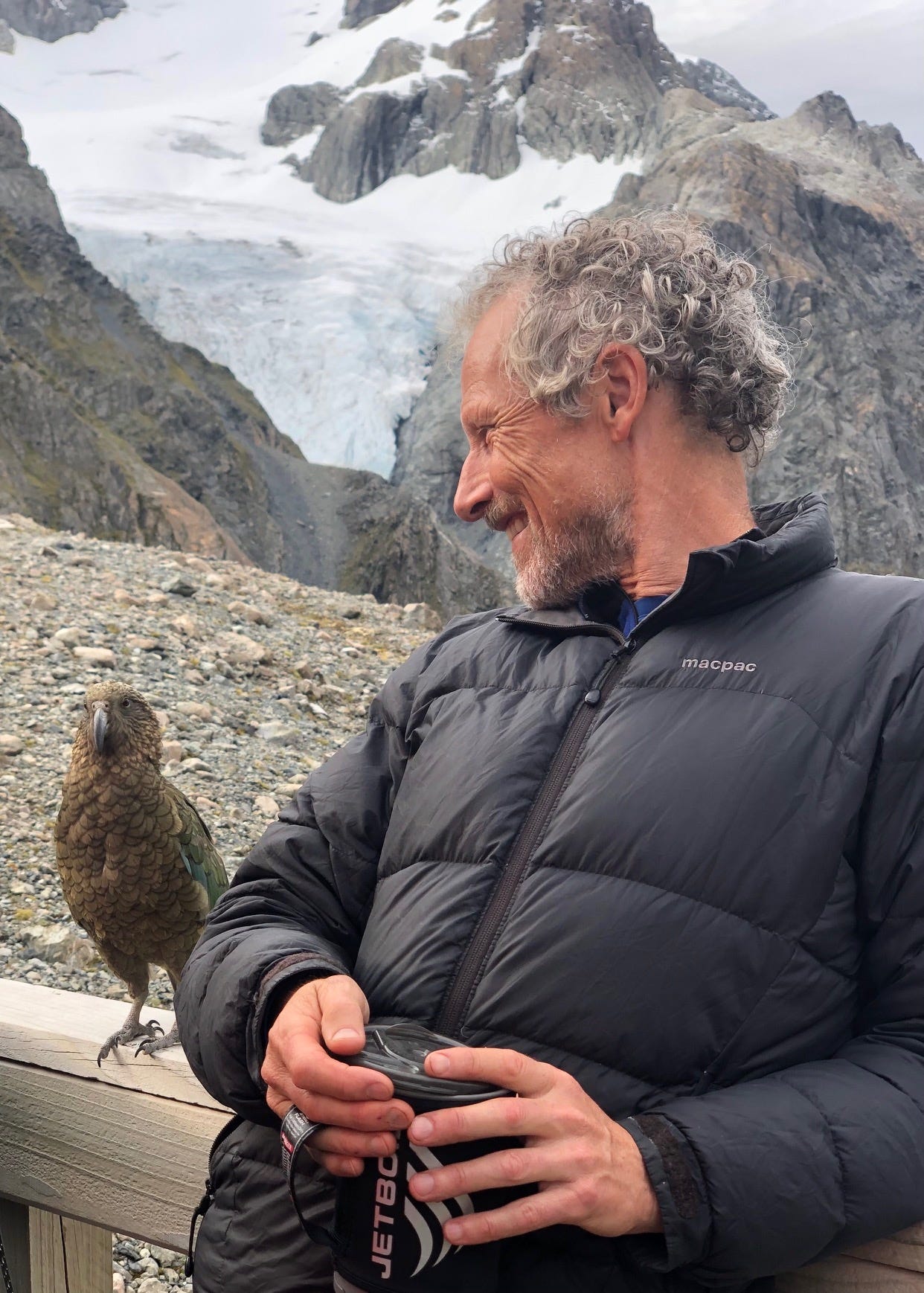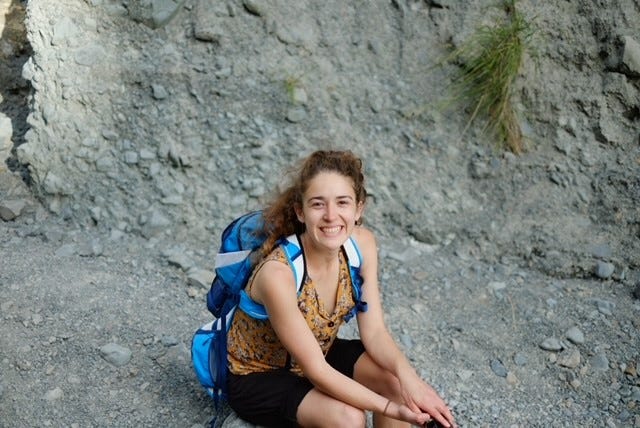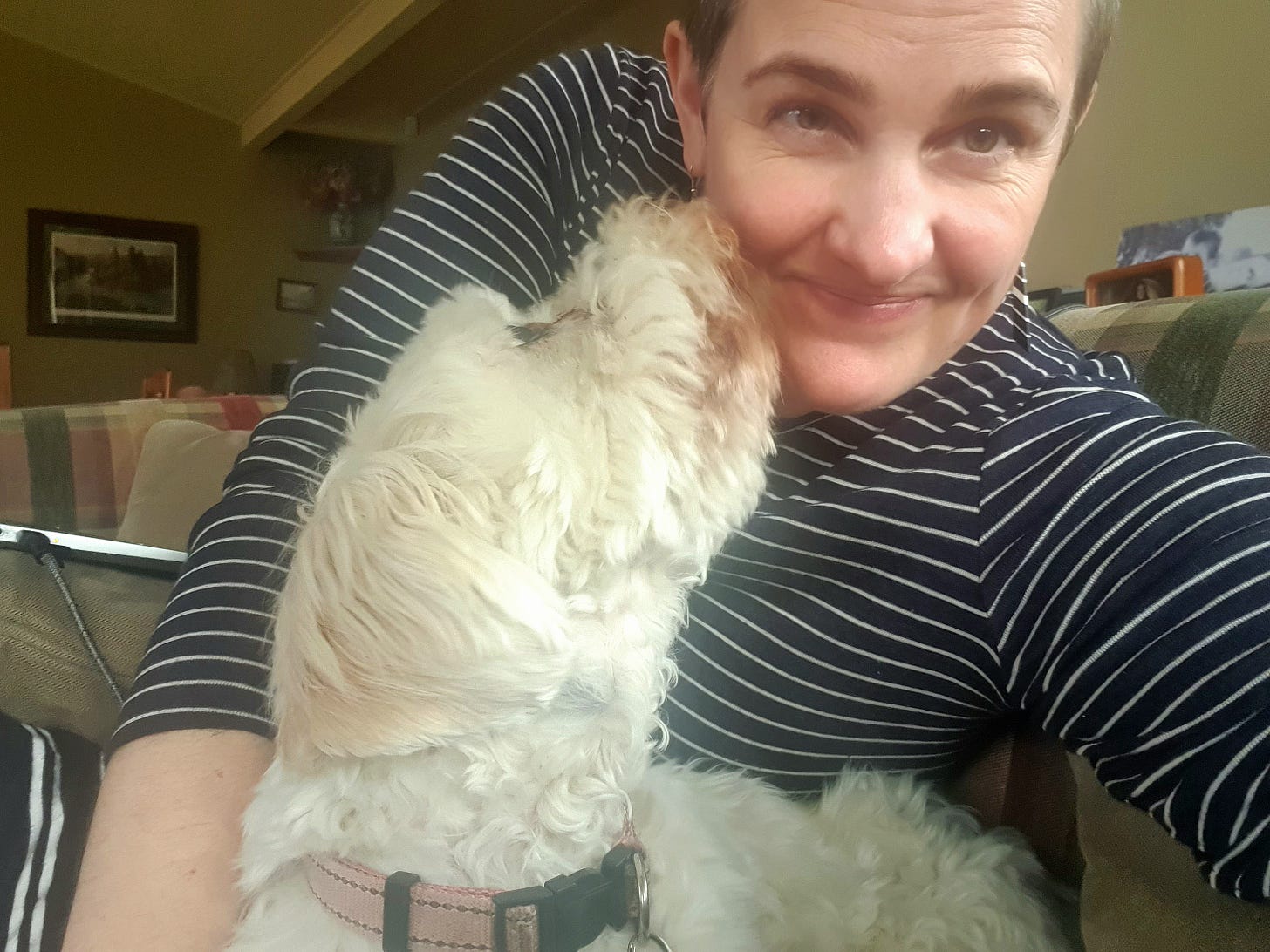Why subscribe?
Subscribe for free to receive 1-2 posts each week with interesting takes on NZ and international economic topics. Asymmetric Information (A↬I) is the newsletter of the New Zealand Association of Economists (NZAE). Association members are automatically subscribed.
Subscriptions are free
We may offer a paid subscription option in the future for those who wish to make a financial contribution. (Should this appeal, you can let us know by making a pledge.) Either way, free subscribers will continue to receive plenty of high-quality content.
Comment on posts
We invite you to like and comment on posts. Please be polite and stay on-topic.
Contribute to A↬I
We welcome contributions, ideally chatty in style, grounded in theory and practice, and accessible to both professional economists and enthusiasts. See our post guidelines. Contact the editor to discuss. Posts and comments are the opinions of their authors, not the NZAE.
Why the lemon?
Asymmetric information describes market situations where buyers know more than sellers, or vice versa.
The canonical example, made famous by Nobel-prize winner George Akerlof, is the market for lemons. Sellers know whether their used car is good quality (a “peach”) or a dud (a “lemon”). But there is nothing stopping every seller claiming that their car is a peach, and thus deserving of a high price. Buyers cannot trust such claims, so assume all cars are lemons, which deserve a low price. Absent a mechanism to verify quality claims, lemons will trade at low prices and peaches will remain unsold. The market for used cars of hidden, varying quality thus fails due to asymmetric information.
A similar situation arises in professions, including economics. Any punter can claim to be a good economist — whether what they say is grounded in the discipline, or just invented to suit the occasion. But how does a non-expert distinguish a quality economist from the other sort? Should they assume that all ”economists” are lemons?
Professional organisations are an institutional mechanism to signal quality. The NZAE and A↬I are committed to quality economics. The lemon logo is here to remind us of the other sort.
About us
Editor: Dave Heatley
Lew Evans and Bronwyn Howell introduced me to economics at Victoria University in 2007, piquing my interest sufficiently for me to abandon my previous career in IT and business. I’ve researched and written on topics ranging from the economic history of NZ rail to social services to cost–benefit analysis of Covid policy, and much else besides. I worked for the NZ Productivity Commission from 2011 to 2021, and am now consulting via my company Sawtooth Economics. When not doing or thinking about economics, I head for the mountains – skiing, tramping, climbing, and volunteering on bird conservation projects.
I was pleased – and a little daunted – to take over the reins of Asymmetric Information in June 2022 from John Yeabsley, who did a sterling job as editor over many years.
I’m always keen to receive feedback. What do you like about A↬I? What you don’t like? And what can we change to make it more valuable to you?
You can contact me at dave@sawtootheconomics.com.
Associate Editor: Olivia Wills
Since completing my economics PhD at VUW, I worked at Behavioural Science Aotearoa, the justice sector’s behavioural science team, and am currently a Senior Economist at NZIER. I am passionate about good economics communication and making space for everyone to participate in economic debate. When not in the NZIER offices or the Stats NZ IDI lab, you’ll find me bike-packing, weaving my next wall-hanging, or reading my favourite genre-of-the-moment.
You can contact me at oliviawills@outlook.com.
RSS Feed
You can also subscribe to A↬I via RSS, at https://nzae.substack.com/feed.
Acknowledgments
Asymmetric Information acknowledges the generous financial support of the New Zealand Institute of Economic Research’s (NZIER) Public Good programme.
Amy Russell is our trusty copy editor. She turns our scrappy drafts into polished prose.
Logo thanks to Vincent Le Moign, CC BY 4.0, via Wikimedia Commons.















